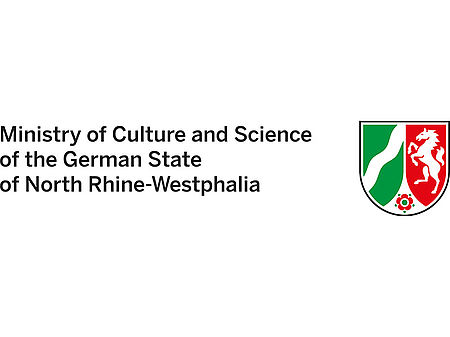News article
News
German Research Foundation supports Living Handbook project
ZB MED – Leibniz Information Centre for Life Sciences created the Living Handbooks platform to promote open access to scientific and scholarly information. The platform, which is currently still in a beta phase, enables researchers and academics working in the life sciences to publish handbooks in a dynamic format. Now the Cold Chain Management working group from the University of Bonn is working on a new handbook called the “Living Handbook of Perishable Food Supply Chains”. The German Research Foundation (DFG) has agreed to provide approximately 350,000 euros of funding for this handbook and for the ongoing development of the platform, some 242,000 euros of which has been earmarked for ZB MED.
“Scientific and scholarly handbooks often become outdated in certain areas as soon as they’re published,” says Dr. Ursula Arning, who heads up open access publishing and consulting at ZB MED. “Our ‘Living Handbooks’ don’t have this problem. Because they are digital, they can be constantly updated to reflect the latest research findings,” Arning adds.
ZB MED launched the Living Handbooks platform in 2014 with a pilot project called the “Living Textbook of Hand Surgery“ which was developed in collaboration with the hand surgeon Dr. Richarda Böttcher. Now the platform – which can be found at www.gms-books.de – is set to be improved further as part of the DFG-funded project. Part of the project involves creating a new handbook called the “Living Handbook of Perishable Food Supply Chains” in cooperation with the Cold Chain Management working group at the University of Bonn. This handbook fills an important gap in the list of standard works published in this very specialist subject area. “The new handbook has a very interdisciplinary focus, and that makes it the perfect choice to put our Living Handbooks publishing platform to the test and develop it further,” says Arning.
The platform is based on the open source software Drupal, which has been tailored to the specific requirements of researchers in the life sciences arena. It enables authors to publish and update individual chapters without having to wait until the entire book has been finished. A persistent identifier known as a DOI is assigned to each version of a chapter. This system of versioning – i.e. assigning unique version numbers to each new incarnation of a chapter – makes it easy for readers to keep track of how the research is progressing. In addition, each chapter of a handbook undergoes a review process to ensure that the quality of the publication is maintained.
Plans have already been made to integrate a number of new features in the platform as part of the DFG project. These include responsive design, the integration of social media, an option to display items in 3D, the inclusion of statistics, and much, much more. “To give just one example, we’ll be creating an interface to conventional e-book readers to make it easier for people to read and comment on the handbooks while they’re out and about,” says Arning.
At the end of the project the Living Handbooks platform will be switched into full-scale operation. It will become part of the ZB MED’s publishing portal PUBLISSO at www.publisso.de/en/. “In the future we want to make the system available to all scientific and scholarly disciplines that wish to publish in open access,” says Arning, highlighting the platform’s long-term goals.




